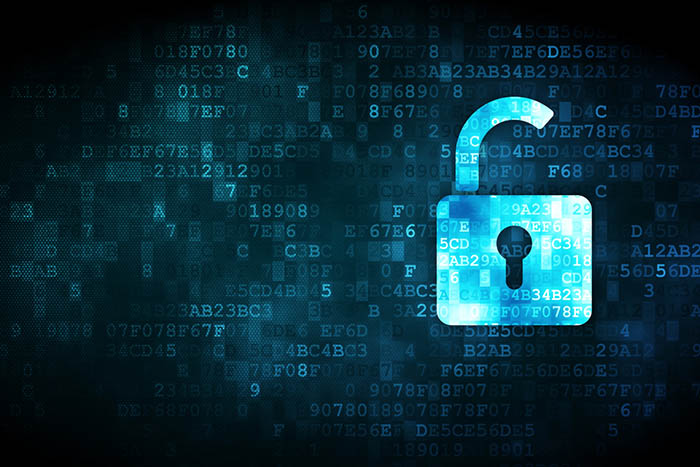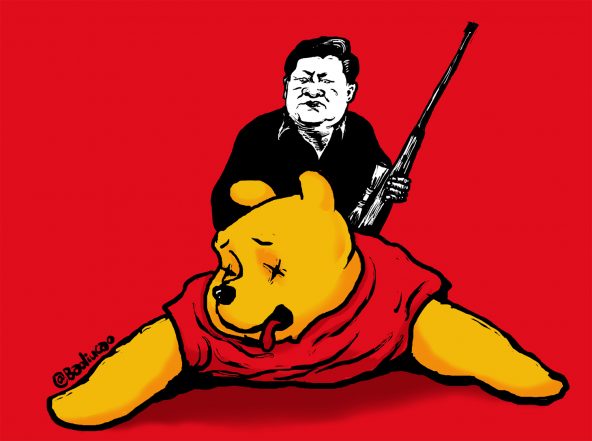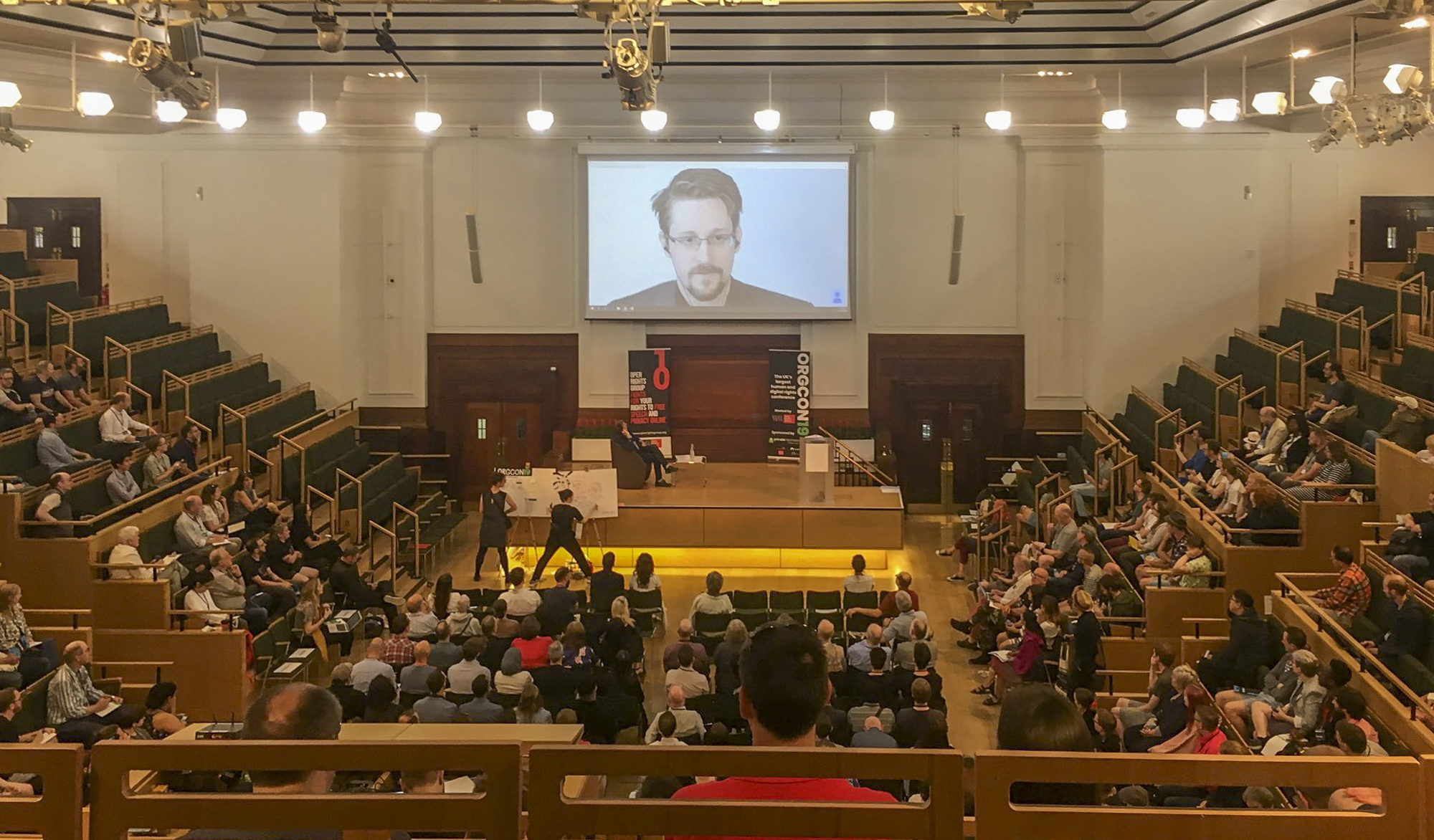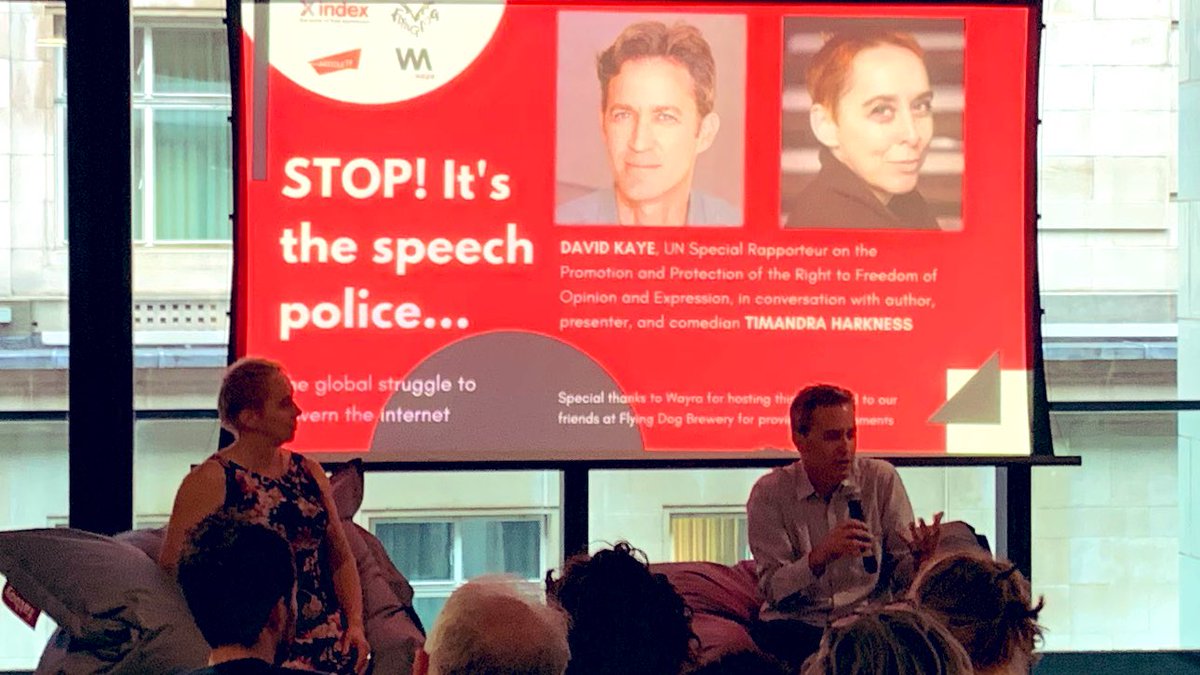The future of the internet is at stake as major governance decisions are made. The battle lines are being drawn between those who see freedom of expression as a fundamental human right in the digital world as much as it is offline, and those that consider the control of information and ideas as a priority for the state.
Freedom of expression – the freedom to send, receive, share and access information and ideas (in any media) – is a core right, vital to the exercise of most other rights; if it is compromised online it will undermine free expression and other rights offline as well as in the digital world. Yet we see a rapid increase in the number of governments – some authoritarian, but some democratic – stepping in to increase their control of the internet. We also see a number of corporations (web hosts, ISPs, telecom companies and others) sometimes working with governments when they engage in censorship, surveillance or other harmful interventions in the internet, and/or acting as increasingly powerful private actors determining the boundaries of our scope for free expression (as captured in the phrase ‘the privatisation of censorship’).
The full report can be read in a PDF format.





